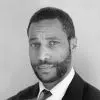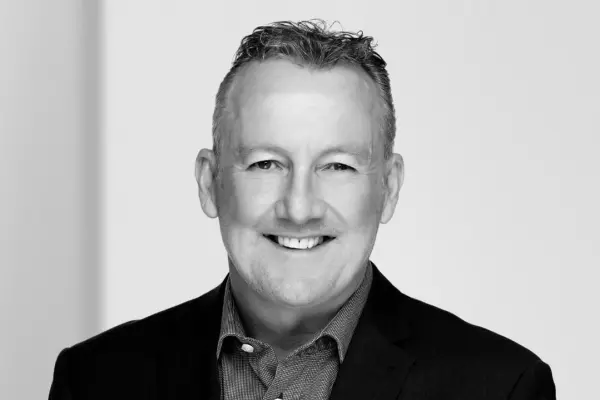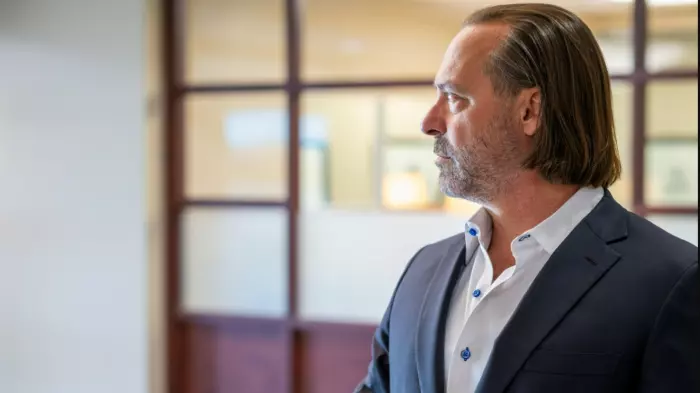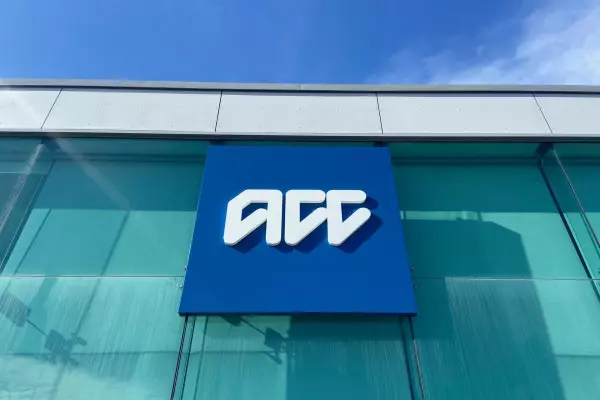It hasn’t been a great few months for the image of New Zealand’s public relations industry.
Last month at Auckland’s high court it emerged that a prominent rich-lister hired PR man Jevan Goulter to persuade a witness to drop claims of indecent assault. The wealthy businessman, whose identity is currently suppressed and is appealing his convictions, paid Goulter $56,000 to help pervert the course of justice. Goulter then turned witness in return for immunity.
Earlier in March, PR man Carrick Graham made a full apology to three public health academics after admitting to defaming them for money. Graham paid the right-wing blogger Cameron Slater thousands of dollars a month to smear the academics and undermine their research. Graham represented the NZ Food and Grocery Council, a lobbying group for the alcohol and processed food industries, and "big tobacco".
Other recent cases have highlighted the legal “dark arts” within the PR profession.
Chris Liddell, the Kiwi deputy chief of staff for former president Donald Trump, recently hired PR firm Sweeney Vesty to run a covert campaign to whitewash his image through the NZ press, as he attempted to land the top job at the OECD.
As Trump’s insurrectionist mob rampaged through the US Capitol in January, the president’s lieutenant planted a series of off-the-record interviews to play down his culpability in papers such as The New Zealand Herald.
A murky look
These events were not 'great optics' for the PR sector, which encompasses a broad range of job titles, including strategic communications, media relations, and crisis communications across the public and private sector, and third-party agencies.
The Graham and Goulter scandals have rocked the profession to such an extent that Prinz, the industry association for PR executives, recently broke with tradition to denounce the industry’s bad actors.
In a strongly-worded statement last month, Prinz hit out at the “several high-profile instances of ‘PR people’ behaving disgracefully”. Prinz said the PR profession was not about “hit jobs, defamation, paying people off, or silencing victims to help criminals”.
Journalists commonly refer to public relations as the “dark side” and senior figures within the NZ news media say there is both good and bad in the unregulated profession.
“The mainstream PR industry is by and large good, diligent, and doing the right thing the right way,” Duncan Greive, founder and owner of The Spinoff, said. “But off to the side, you have people who are acting unethically, people who are so different they are not even in the same profession, the rogues like Carrick Graham.”
Dr Catherine Strong, a Massey University lecturer in communications, journalism, and marketing, said the recent stories highlight a growing focus on the PR sector, with reporters “shining a light” on bad behaviour.
Carrick Graham’s murky practices were first revealed in Nicky Hager’s book Dirty Politics, a pivotal piece of investigative journalism that exposed the links between political figures, lobbyists, and their PR representatives.
More scrutiny
“It may look as though there are more incidents, but the fact is the media has put them under the spotlight a lot more,” Strong said. “Journalists are taking extra steps to find out what’s going on. It’s not that PRs are more dishonest than in the past. They have always sailed close to the wind. And before there were degrees in PR, it was probably even worse.”
Strong said PR executives are often put under pressure to act unethically by their demanding clients.
“I know for a fact that people in PR are facing ethical dilemmas constantly. They are being pushed by their clients. I was speaking to one person this week about a dilemma, who has to think about whether to ride it out or to quit.”
While journalists can be censured by the NZ Media Council or Broadcasting Standards Authority for unethical practices, the PR sector has no regulatory oversight. Despite this, Strong believes Prinz’s Code of Ethics offers a robust enough framework to police the industry.
“I’d like to see institutions that hire PRs look into whether they’re a member of Prinz,” she adds.
Yet Prinz only represents a small portion of the PR profession, with 658 members. The trade body estimates that there are between 8,000-12,000 people in PR roles across the country.
“Unfortunately, anyone can hang up a sign and say they are a PR professional,” said Elaine Koller, Prinz chief executive.
Koller is keen to boost membership numbers and bring more people under the code. But she said membership is purely voluntary and down to individuals rather than their employers.
The Prinz Code of Ethics prohibits “deceptive practices” and calls on executives to talk through ethical dilemmas with colleagues. People can make complaints against Prinz members for breaking the code, with cases referred to an ethics panel.
Should members be found guilty, they can be fined, or expelled from Prinz. Since 1999, the panel has received just ten complaints, with only two upheld for breaking the Code.
Despite the recent scandals across the profession, Koller believes the growing number of PR qualifications will entrench ethical behaviour.
“We encourage people to commit to ongoing professional development at Prinz,” she said. “We offer ongoing courses, and whenever people renew their membership, we ask them to agree to abide by our Code of Ethics.”
While Prinz is working to eradicate dirty PR, most of the market operates beyond its gaze. The PR industry will hope the likes of Goulter and Graham represent a few bad apples in the shadows of the market.
This year’s developments highlight that many unethical PRs remain unchecked in the New Zealand media. For a sector that prides itself on reputation management, the public relations profession will need to work hard to restore its own image in the years ahead.














